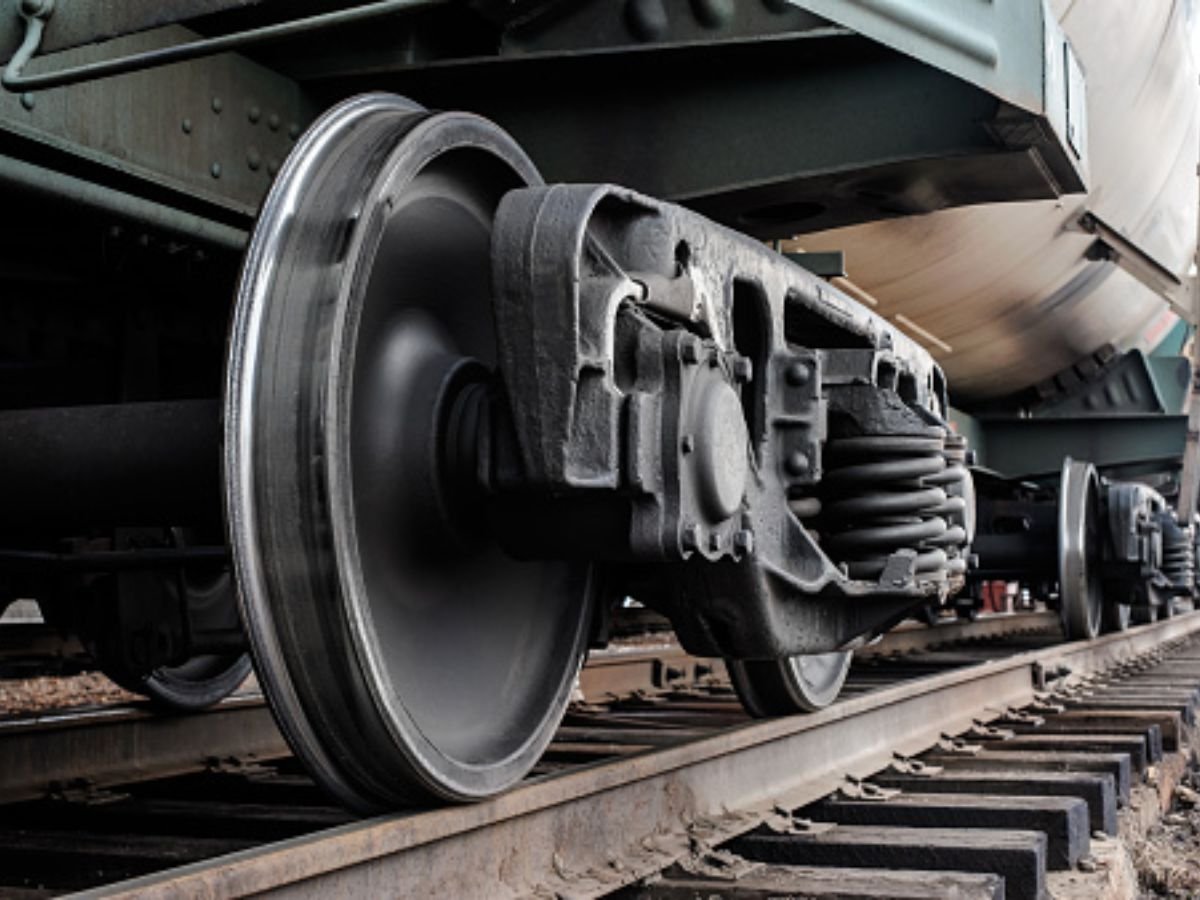Indian Railways Collaborates with Local Firms to Cut Down on Wheel Imports
Indian Railways has partnered with an Indian consortium to locally produce forged wheels for locomotives and coaching stock (LHB). This collaboration is expected to strengthen the domestic manufacturing sector and reduce the dependency on countries like China, Russia, and Ukraine for the supply of these critical components.
Indian Railways has been importing various types of forged wheels since the 1960s, sourcing them from countries such as the UK, Czech Republic, Brazil, Romania, Japan, China, Ukraine, and Russia. In 2024-25, forged wheels worth approximately Rs 900 crore were imported from China, Russia, and Ukraine, with the majority being sourced from China due to the ongoing Russia-Ukraine crisis. In addition, 40,000 wheels were supplied by the Steel Authority of India Limited (SAIL). The need for forged wheels is projected to grow significantly, with Indian Railways anticipating a demand of up to 2 lakh wheels annually by 2026 due to the induction of more high-speed trains. However, the current domestic production capacity for the 2024-25 period is only 75,000 wheels, making it imperative to scale up manufacturing capacity.
To meet this growing demand, Indian Railways has turned to a consortium consisting of Ramakrishna Forgings Ltd (RKFL) and Titagarh Rail Systems Ltd (TWL). This partnership is set to produce 80,000 wheels per annum over the next 20 years, a vital step in reducing imports and increasing domestic production. The consortium has already acquired 72.75 acres of land in Tamil Nadu, where construction of the manufacturing plant is progressing. The civil work, including shed construction, is already underway, and the project is expected to be completed by March 2026. Machines for the plant have been ordered, with dispatches expected to start in March 2025. Additionally, the Railway Board has approved the issuance of 20 wheels on a payment basis for sample purposes.
This move is a part of Indian Railways’ broader strategy to enhance self-reliance in critical infrastructure components and boost local manufacturing. By producing wheels domestically, the Indian Railways aims to not only cut down on imports but also contribute to the growth of the Indian economy through the creation of jobs and the expansion of the local industrial base. The development is seen as a positive step towards enhancing the efficiency and sustainability of India’s railway system. With the increasing demand for high-speed trains and modernisation of the railway network, this initiative will play a key role in supporting India’s ambition to become more self-sufficient in critical infrastructure needs. As the railway network continues to expand, this collaboration is an important milestone towards achieving greater industrial self-reliance and supporting India’s ‘Make in India’ vision.


